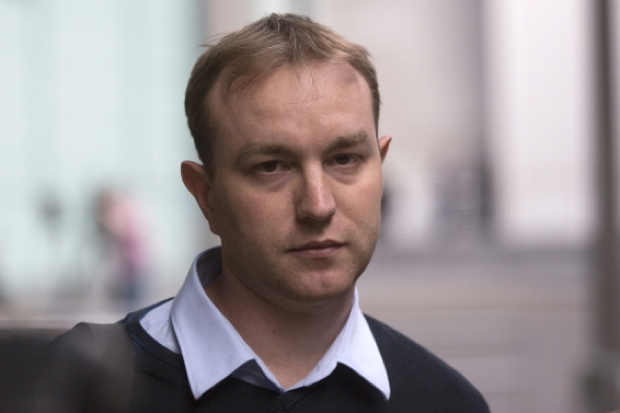Fourteen years is a long stretch. The punishment imposed on former UBS and Citigroup trader Tom Hayes for his role as ‘the hub of the conspiracy’ to rig yen Libor rates is the same as the maximum sentence for burglary with intent to commit GBH. Even though no public attempt has been made to quantify his fraudulent profits or identify victims, Hayes’s punishment is twice that imposed on rogue trader Kweko Adeboli, who lost UBS $2.3 billion — both having pleaded ‘not guilty’. With remission, Hayes will serve about half the term: Adeboli, jailed in late 2012, came out this June. But even so, the socially awkward Hayes has forfeited a chunk of his life for the spurious gratification of peer-group esteem and bonuses he did not seem to enjoy spending.
And his sentence has certainly sent ‘a message to the world of banking’, as Judge Cooke put it, while 11 other accused await trial on similar charges. But in saying that Hayes’s conduct was ‘condoned… and even encouraged’ by senior bankers (‘Everything I did my managers knew about… sometimes… all the way to the CEO,’ was the defendant’s own claim) the judge left open the question of how far this quest for justice will go, and whether the public will ever be satisfied that it has gone high enough. As the BBC’s Eddie Mair put it to SFO director David Green: ‘Do you think you’ll manage to jail all the dishonest bankers in London, and if you do, how many will be left?’ I suspect the answer is that however extensive the investigation, the evidence trail will never quite reach the top floor.
This is an extract from this week’s issue of The Spectator. Subscribe here.







Comments